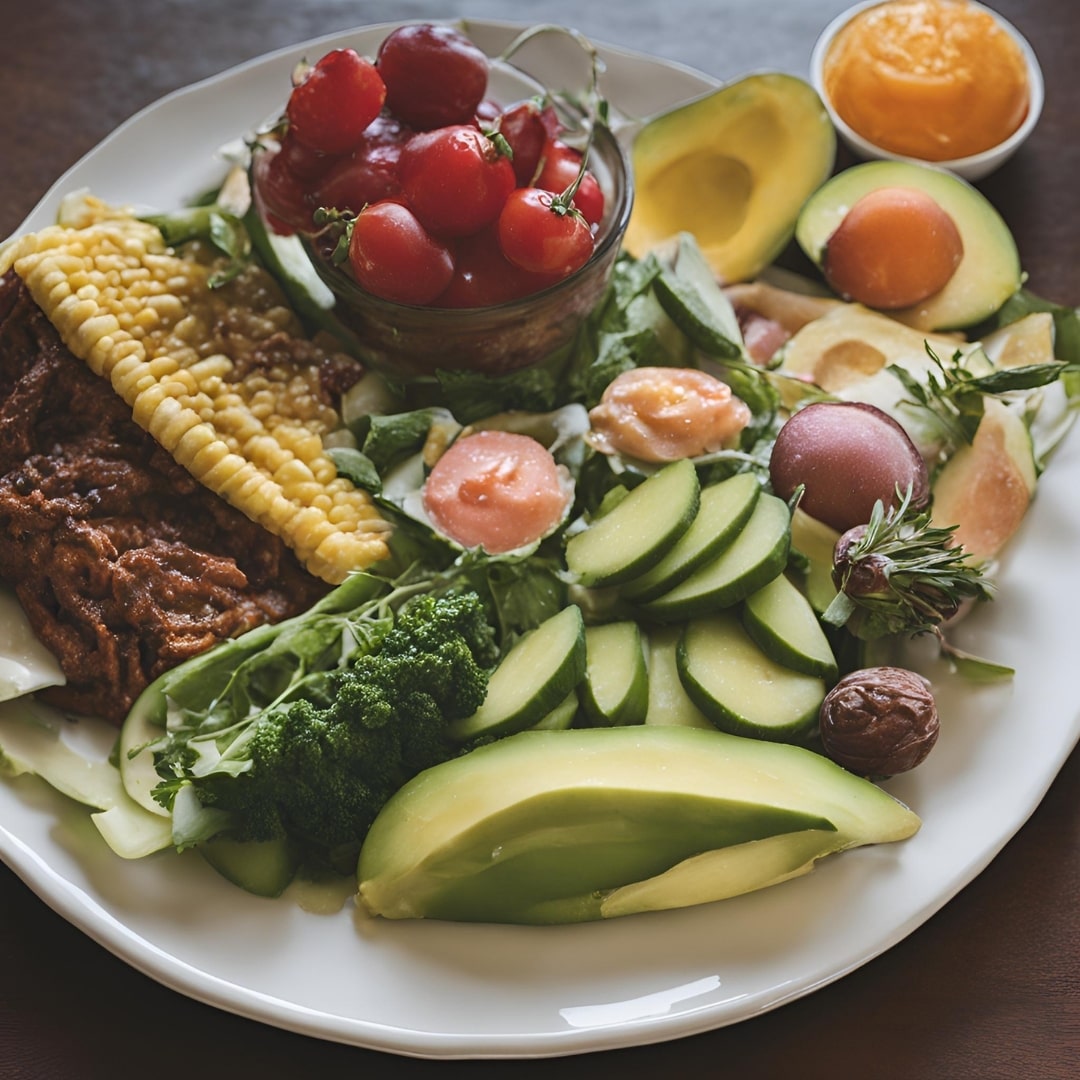Success in horse racing isn’t just about a talented horse and an experienced jockey; proper nutrition is a critical factor that enhances performance. Both jockeys and horses need a balanced and appropriate diet plan to perform at their best in this high-paced sport. Let’s explore the ideal nutritional routines for horse racing athletes and their horses:
Nutrition Tips for Jockeys
Jockeys must carefully manage their weight to stay at the peak of their performance. This requires creating a healthy diet plan and consuming the right nutrients.
- Low-Calorie, High Nutrient Foods: Jockeys should follow a diet that provides the energy they need without leading to weight gain. Low-calorie but nutrient-dense vegetables, lean proteins, and whole grains are ideal choices.
- Protein and Muscle Health: It’s important for jockeys to maintain their muscle structure. Protein sources like eggs, chicken, and fish help nourish muscles while keeping them feeling light.
- Hydration: Horse racing days can be long and exhausting. Therefore, staying hydrated plays a critical role in maintaining jockeys’ energy levels and keeping their bodies balanced.
- Regular Meals: Jockeys can consume small meals at regular intervals to provide their bodies with continuous energy. Additionally, they should avoid heavy foods before a race and opt for light, easily digestible options.
Nutrition Tips for Horses
Horses must be properly fed to maintain their muscle structure and energy. Their diet plan is tailored to meet their needs during intense training and on race days.
- High-Quality Fiber Sources: The foundation of a horse’s diet is high-quality hay and forage. Fiber regulates their digestive system while also providing energy.
- Grains and Carbohydrates: To boost a horse’s energy levels, grains like oats, barley, and corn are commonly used. However, it’s important to balance these grains, as excessive carbohydrates can lead to digestive issues.
- Electrolyte Support: On intense race days, horses lose electrolytes through sweating, which need to be replenished. This can be achieved by increasing water intake and providing electrolyte supplements.
Vitamin and Mineral Support: Especially during the racing season, horses may need additional vitamin and mineral support to keep their muscles and bones strong. These supplements can prevent a drop in performance.








